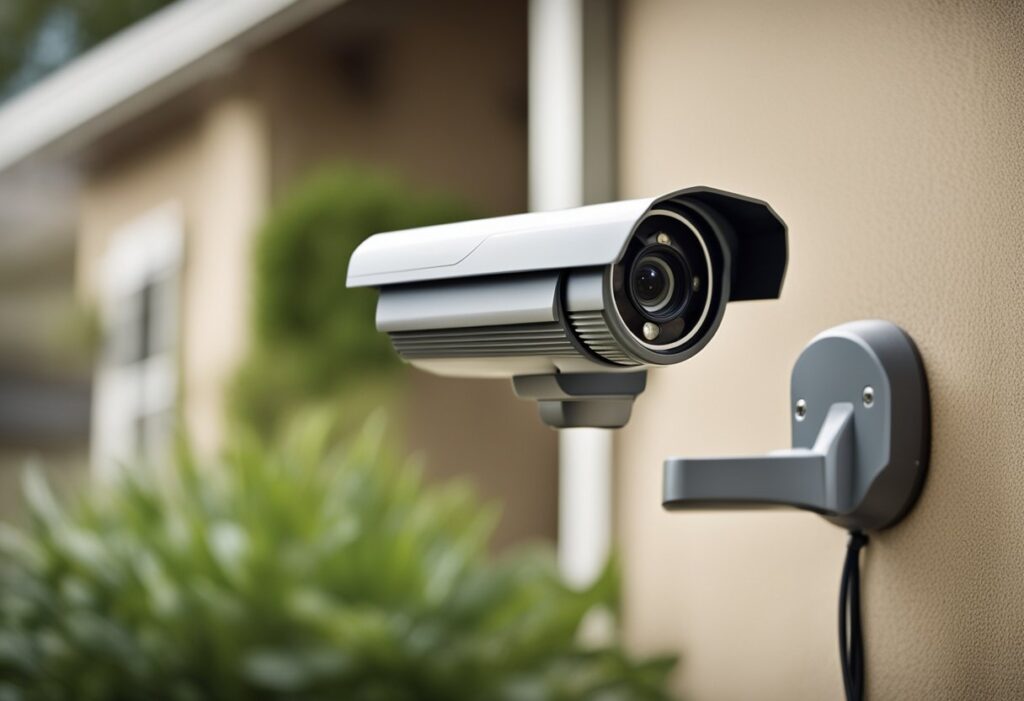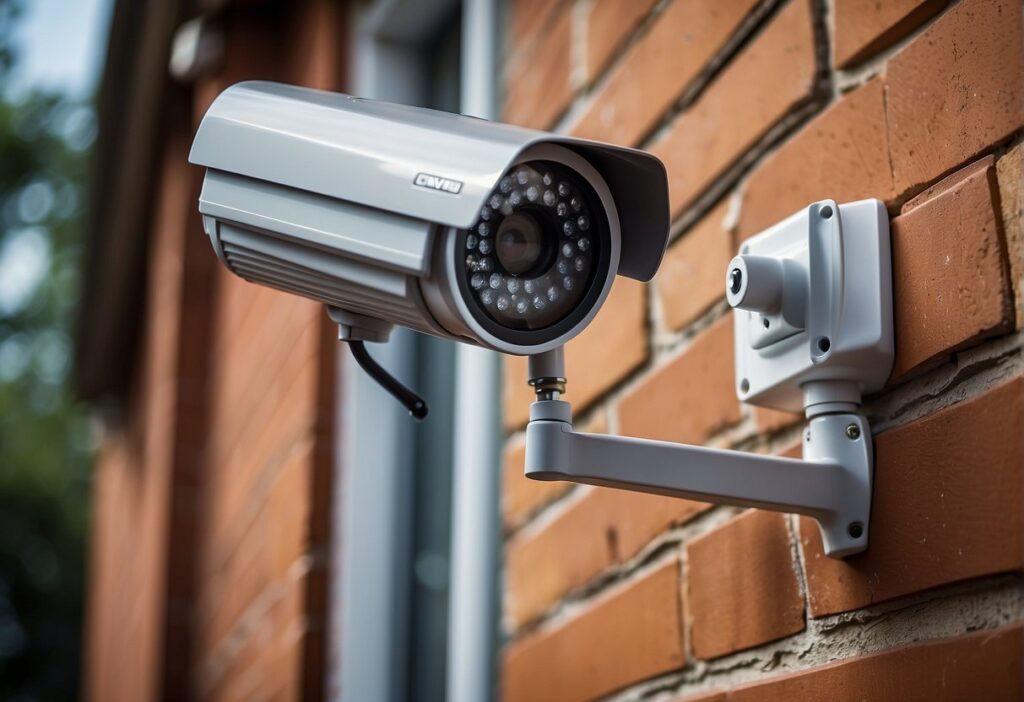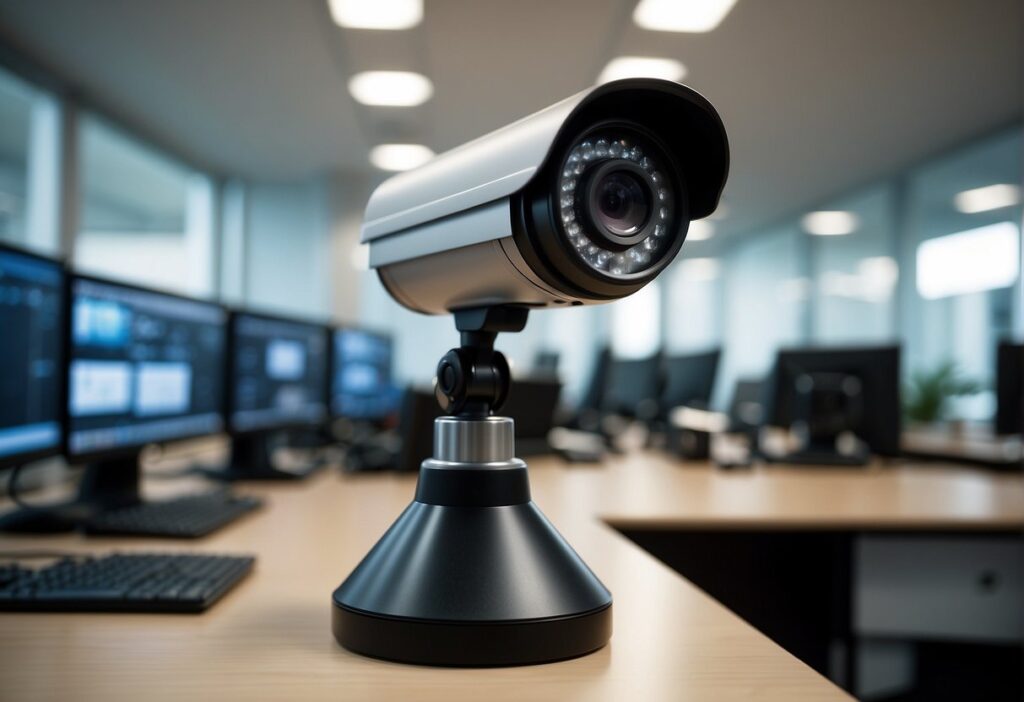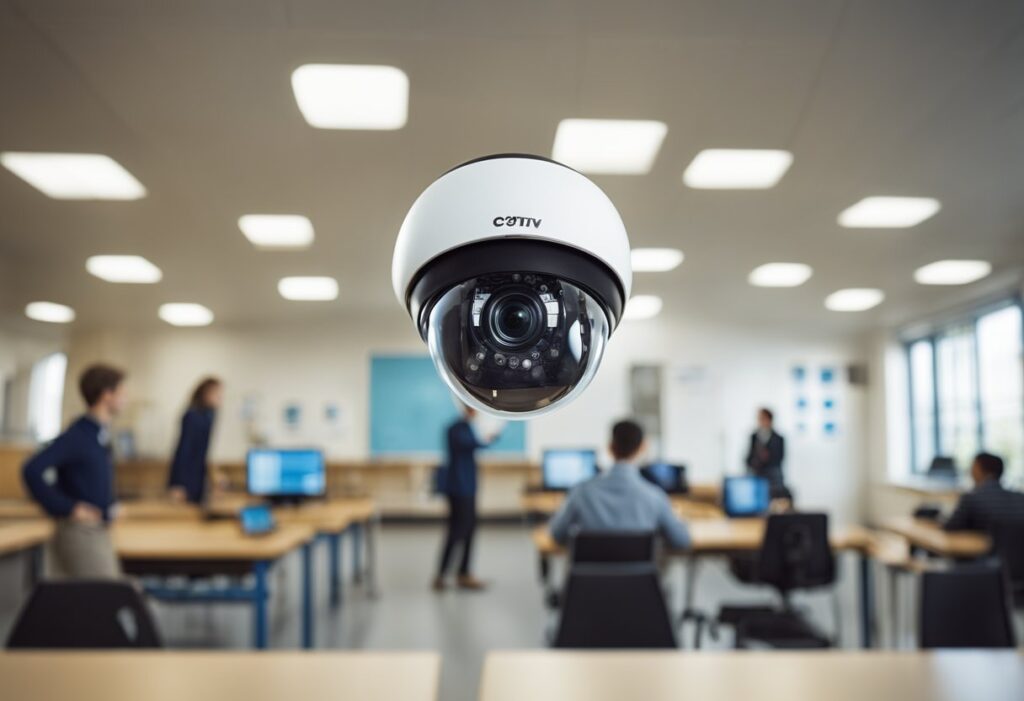Do Security Systems Deter Burglars?
Home security systems serve as a critical deterrent against residential burglaries, leveraging advanced technology to signal unauthorized entry and alert both homeowners and authorities.
Their dual role in preventing crime and providing economic advantages, such as lower insurance premiums, underscores their growing significance in home safety and burglar deterrence.
Key Takeaways
- Security systems signal intrusions and potentially deter burglars.
- Technological advancements make burglaries more challenging and help protect homes.
- Homeowners value security for both protection and potential economic benefits.
Do Security Systems Deter Burglars? Impact of Home Security Systems on Burglary Rates
The effectiveness of home security systems in deterring burglaries has been a topic of study within the criminal justice field for years.
Data collected by law enforcement and academic studies provide insights into the correlation between increased security measures and burglary rates.
Statistical Evidence from Criminal Justice Studies
According to a study by the University of North Carolina, researchers found that most burglars tend to avoid homes with security systems.
In fact, nearly 60% of convicted burglars admitted that the presence of an alarm would prompt them to seek an alternative target.
This indicates that home security systems play a significant role in influencing the decision-making process of potential burglars.
Impact Assessment by the FBI and Law Enforcement Agencies
The FBI has documented that property crimes, including burglary, have decreased as the adoption of home security systems has risen.
These findings are supported by trends observed by law enforcement agencies, which have seen a decline in burglary rates in areas with a higher density of residential security systems.
This data suggests a deterrent effect of such systems on crime, contributing to safer communities.
Psychological Deterrents of Burglars
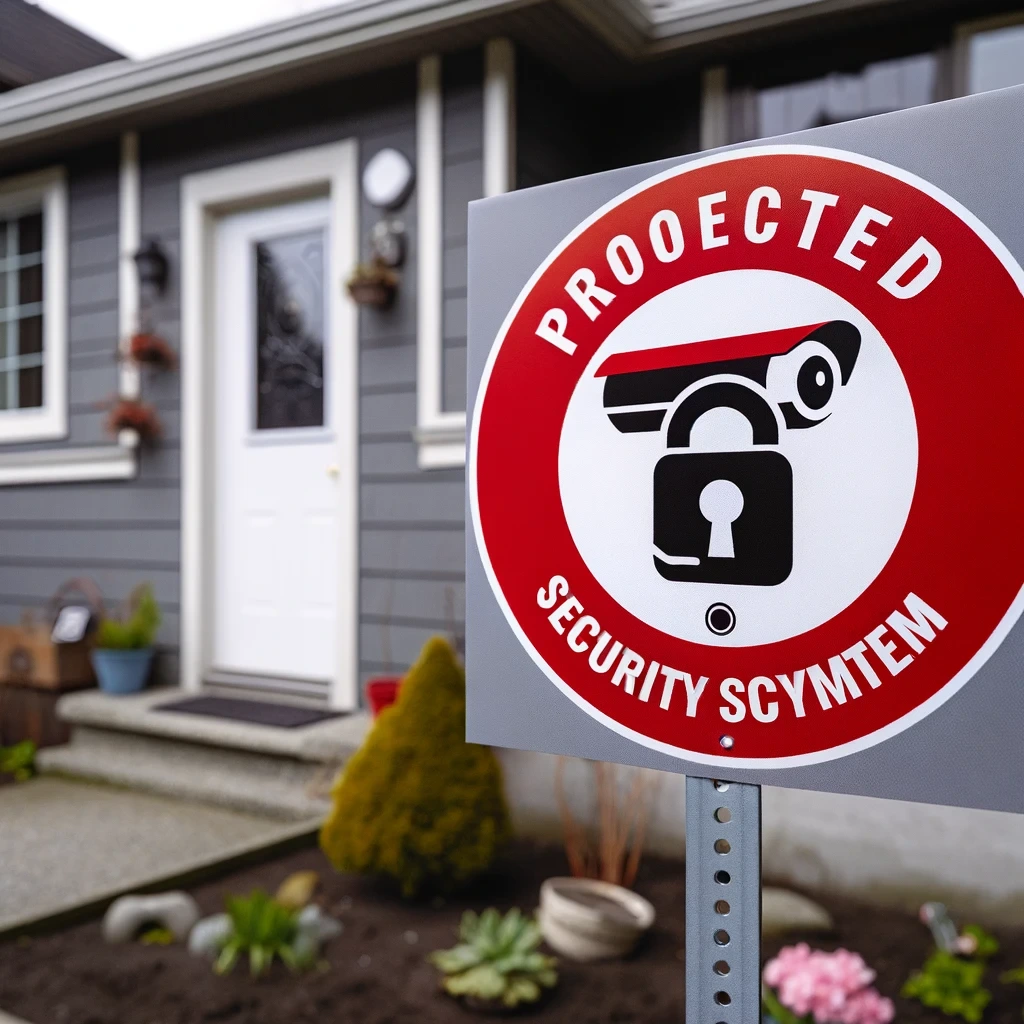
The mental calculus burglars go through before attempting a break-in is significantly influenced by the presence of security measures.
Psychology plays an integral role in burglary prevention, influencing a potential intruder’s decision-making process before they commit a crime.
Key Findings from Surveys of Convicted Burglars
Surveys targeting individuals with direct experience in burglary offer deep insights into the deterrent effect of security systems.
Evidence from a survey of 422 convicted burglars suggests that the majority of burglars actively check for alarm systems before attempting a break-in, with 83% indicating that the presence of alarms influences their target selection.
Home Security Systems as Visual Deterrents
Security systems serve not only a functional role in intrusion detection but also present a psychological barrier.
Items such as doorbell cameras and motion sensors are overt indicators of a household’s security apparatus, often causing burglars to perceive a heightened risk of getting caught.
The Role of Stickers and Yard Signs
Beyond the systems themselves, the auxiliary components like stickers and yard signs act as simple yet effective psychological deterrents.
These visible warnings that a property is protected by security alarms can significantly discourage criminal activity, indicating to potential burglars that the home is not an easy target.
Technological Advancements in Home Security
In the realm of home security, technology has revolutionized the way homeowners safeguard their property.
From smart locks to advanced alarm systems, the integration of technology has enhanced security measures for both prevention and evidence collection.
Smart Security Systems and Devices
Modern smart security systems are highly sophisticated, allowing homeowners to monitor their property remotely using smartphones and other devices.
These systems can include smart locks, which permit keyless entry and the ability to grant or deny access remotely.
Video doorbells have also become integral, combining cameras and intercoms to allow homeowners to see and communicate with visitors without opening the door.
Integration of Security Cameras and Motion Sensors
The synergy between security cameras and motion sensors has substantially increased the efficacy of home surveillance.
Outdoor home security cameras not only record but often use motion detection algorithms to alert owners of any activity.
This combined approach reduces false alarms and enhances real-time monitoring, making it an effective deterrent against burglaries.
Indoor configurations often tie into smart home systems, providing a holistic view of one’s personal space.
Understanding the essentials of CCTV can further illustrate the importance of real-time surveillance in modern security strategies.
Preventive Measures and Homeowner Practices
Effective home security takes shape through a combination of preventive measures and smart homeowner practices. These not only reduce the likelihood of burglary but also provide peace of mind.
Importance of Locks and Lighting
Locks are the first line of defense. A home with strong, high-quality locks on all doors and windows is less appealing to burglars.
Proper outdoor lighting serves a dual purpose—not only does it enhance visibility, but it also deters burglars who prefer to operate under the cover of darkness.
Lighting solutions have evolved with technology, such as smart lights, which can be programmed or controlled remotely to simulate occupancy, making a home look inhabited even when it’s not.
This type of lighting strategy around points of entry and windows can make a substantial difference in deterring potential intrusions.
The Effect of Monitored Systems on Burglary Prevention
The presence of an alarm system, especially a monitored security system, is a significant deterrent to criminals.
Researchers have found that homes with visible security systems are less attractive targets for burglars, who often select easier, lower-risk targets.
A monitored system not only alerts homeowners of an intrusion but also automatically notifies security services, which can lead to quicker response times during an incident.
By providing an added layer of security, these systems can prevent burglaries or reduce the amount of loss when they do occur.
Economic Considerations and Insurance Implications
In evaluating the effectiveness of security systems, one must consider the economic impact and the potential for insurance benefits.
The installation of a security system not only mitigates the risk of property loss but can also influence insurance premiums, providing tangible financial benefits.
Insurance Discounts for Home Security
Insurance companies recognize the value of home security systems in mitigating the risk of burglaries and may offer discounts on homeowners’ insurance premiums for homes that are equipped with these systems.
The amount of the discount typically correlates with the level of security provided by the system.
For instance, installing a basic burglar alarm that sounds locally might provide a homeowner with a small discount, such as a 0.2% reduction.
On the other hand, a more sophisticated system that includes fire alarms, smoke detectors, and is connected to a monitoring service can lead to more significant savings.
Some insurers may offer discounts of up to 15% for such comprehensive security systems. These savings are a reflection of the decreased likelihood of break-ins and the potential reduction in insurance claims.
Cost-Benefit Analysis of Security System Installation
When homeowners weigh the cost of installing a security system against the potential property losses from a break-in, the benefits are often clear.
Security systems serve as a deterrent to crime, and homes with these systems are significantly less likely to be targeted by burglars.
The potential reduction in property loss—which can average over $2,000 per incident—indicates that over time, the investment in a security system may be financially prudent.
Conclusion
Do Security Systems Deter Burglars?
Research indicates that security systems are a significant deterrent to burglaries.
In an examination by the Rutgers University School of Criminal Justice, the presence of an alarm system was associated with a decrease in neighborhood burglaries.
It is important to recognize that a comprehensive approach, including the use of alarms and other security measures, contributes to a safer home environment.
Statements from industry experts and studies, like those found on Consumers Advocate, reinforce the value of alarm systems in deterring criminal activity.
